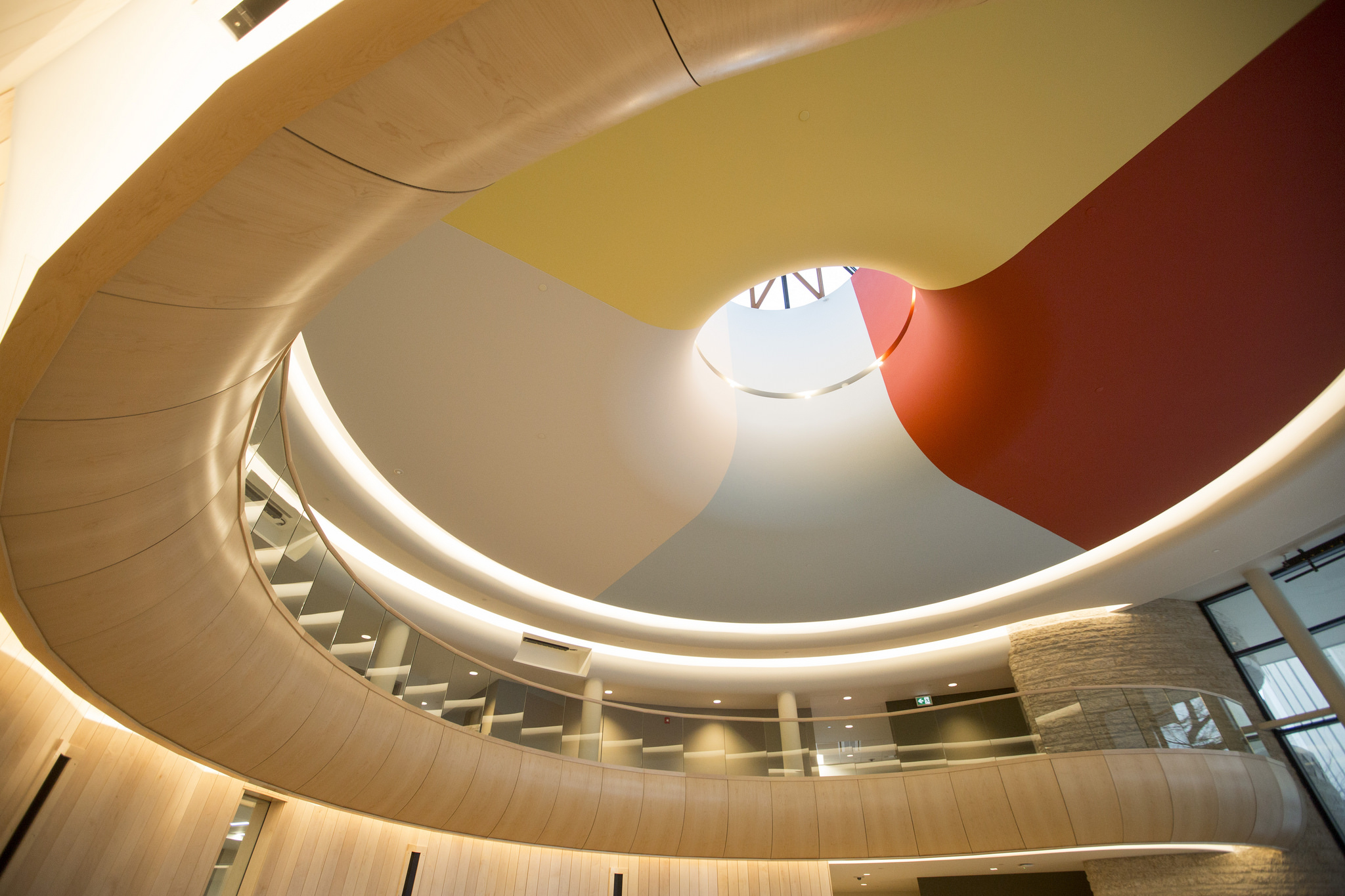
College participates in truth and reconciliation
The first National Day for Truth and Reconciliation in Canada took place on Thursday, September 30, and earlier in the year, the University of Saskatchewan decided to acknowledge this important day by supporting time for reflection and learning for the campus community. The intention was to recognize and commemorate the legacy of residential schools and the resilience of survivors.
By Kieran KobitzThe university closed on September 30 to support learning and reflection, which provided students, faculty and staff the time needed to focus on growing their knowledge and reflecting upon the meaning of the day.
With a remote learning and working environment still in place through the fall, the College of Pharmacy and Nutrition’s Indigenous Initiatives Committee identified a variety of online resources, videos, books and courses for the college’s members to use to engage in learning and growth.
“Our goal was to provide a variety of learning opportunities at various levels of knowledge for our college,” said Dr. Yvonne Shevchuk, the committee’s chair.
The committee provided a list of resources by email in advance of the day, which gave participants time to browse the different learning opportunities and select the most appropriate choices.
In addition to the activities identified by the committee, the university also provided a number of programmed events throughout the day, as well as links to other online resources, including the history of residential schools, Survivors’ stories, explore the Truth and Reconciliation Commission's official reports and 94 Calls to Action and other key reports.
The intention of these events and resources was to provide an opportunity for reflection on the history and legacy of Indian Residential Schools and the importance of the university’s humble, intentional efforts for truth and reconciliation.
The committee facilitated the reflection process by creating a shared document where college members could write reflections on their learnings from the activities they participated in throughout the day. This living document was updated over several days, and college members were invited to read about each other’s learnings as an additional opportunity to grow their knowledge.
“It is important to me to acknowledge the past traumas that Indigenous people faced and to shed light on them, so that they do not go unnoticed and there can be call for change for future generations to come,” said pharmacy student Emma Werezak, the student representative on the committee, who found personal meaning in the day, as previous federal government policies caused her family nearly losing their Indigenous culture and identity.
Werezak took part in learning activities throughout the day, “I took the time to educate myself by reading and watching Indigenous produced documentaries, specifically those produced by Indigenous film producer Tasha Hubbard. Her documentaries, which are available for free on NFB.ca, cover topics such as reuniting families separated in the ‘60s scoop, the injustice and murder of Colten Boushie, and the murder of Saskatoon man Neil Stonechild.”
Non-Indigenous college members also found value in the learning activities throughout the day.
“’Out of the Darkness and into the Light,’ a webinar by the Canadian Nutrition Society, has so much material important for us as nutrition professionals and future professionals,” wrote Cathy Langdon, Food and Nutrition Lab Coordinator in her reflection in the shared document. “It directly connects the impact of residential schools to our field of nutrition.”
The webinar focused on how government policies created conditions of malnutrition in Indigenous Peoples, and how they continue to be affected disproportionately by malnutrition and diet-related health problems.
“Overall, the committee was pleased with the response to this initiative,” concluded Shevchuk. While the virtual strategy was successful, the committee will review the results and make changes for a more robust and engaging experience in 2022.
The other members of the Indigenous Initiatives Committee include Dr. Derek Jorgenson, Dr. Hassan Vatanparast, Carrie Verishagen, Julia Bareham, Gen Clark, and Sandy Knowles.
